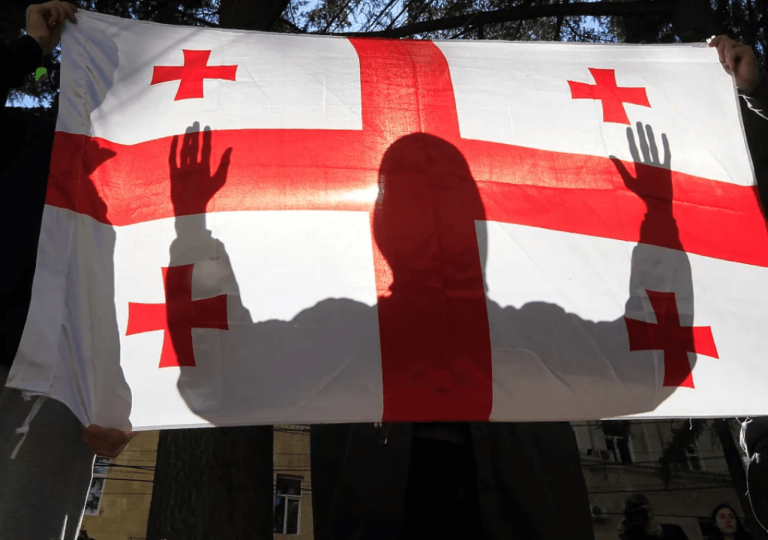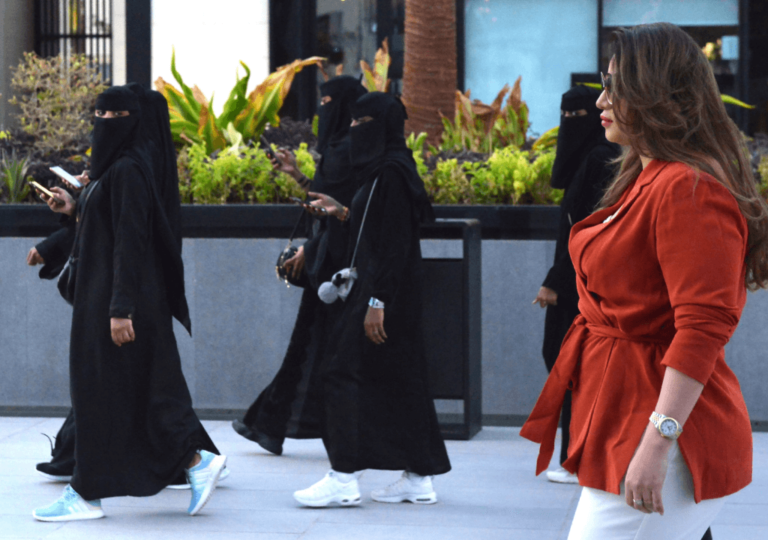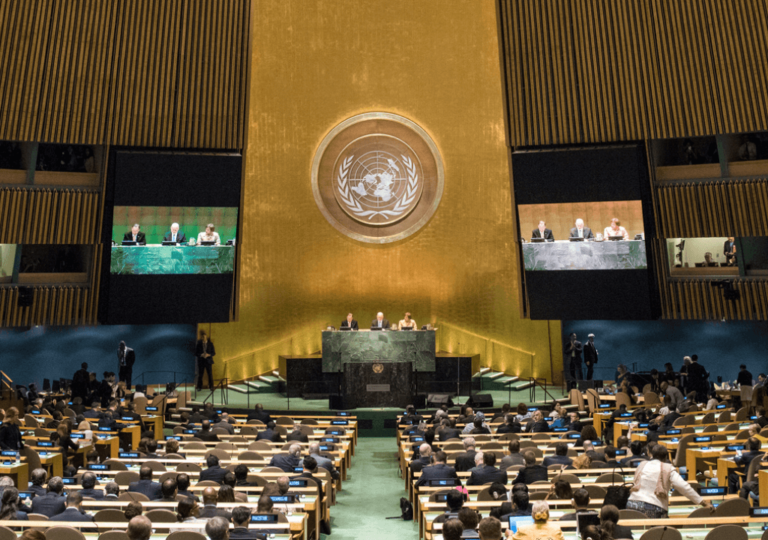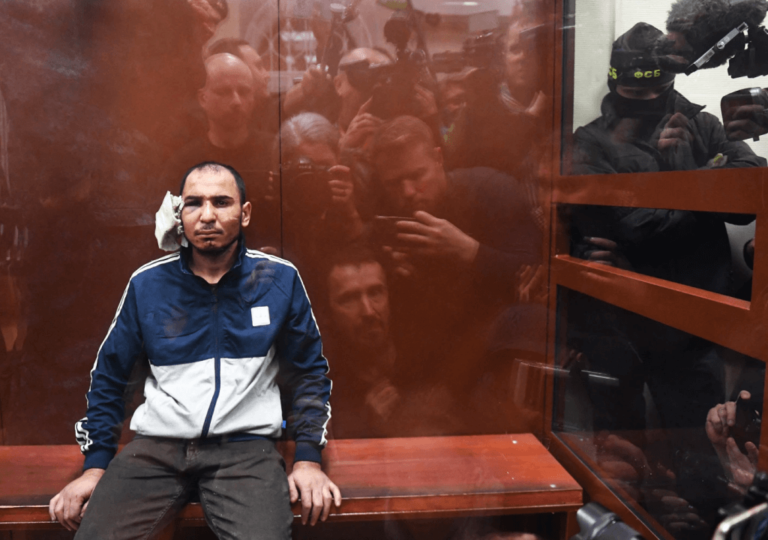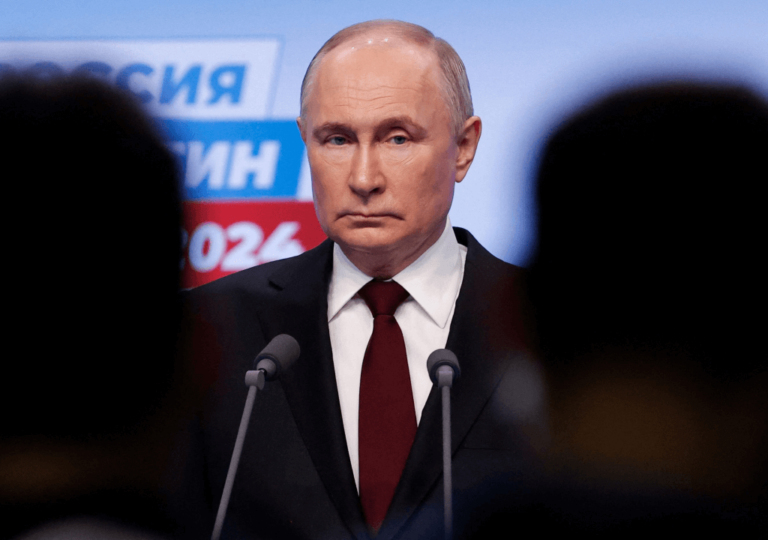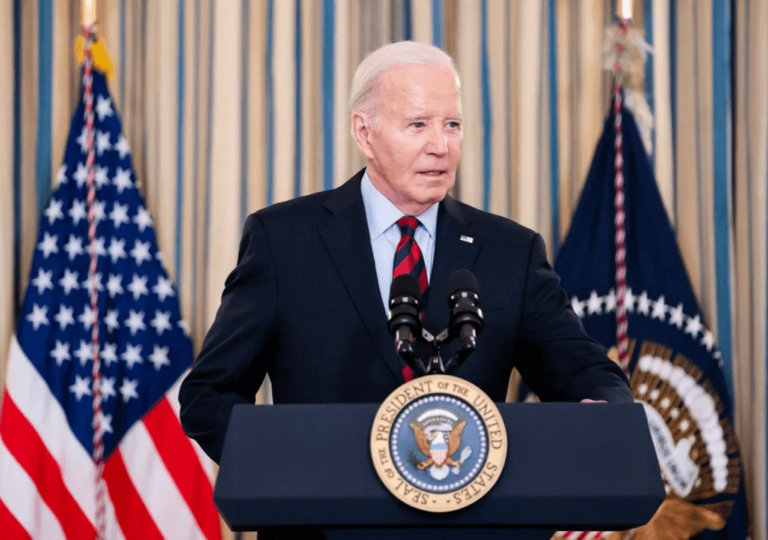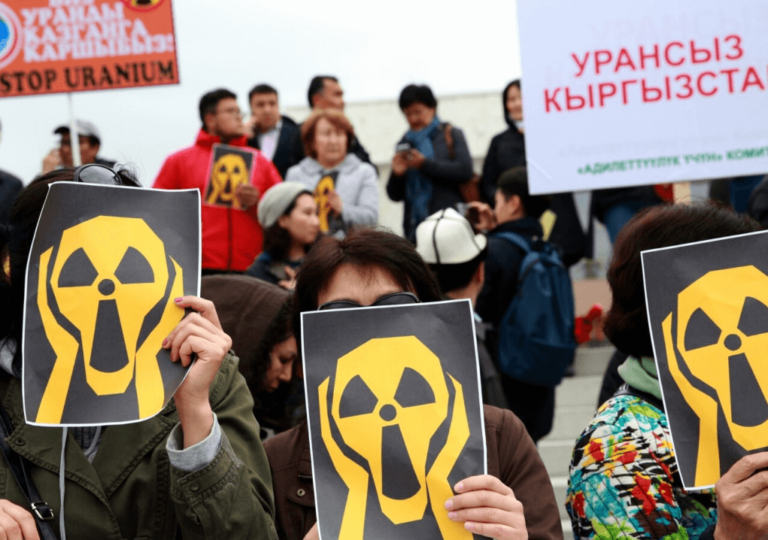Is Armenia’s Defense Strategy Changing with US Military Aid?
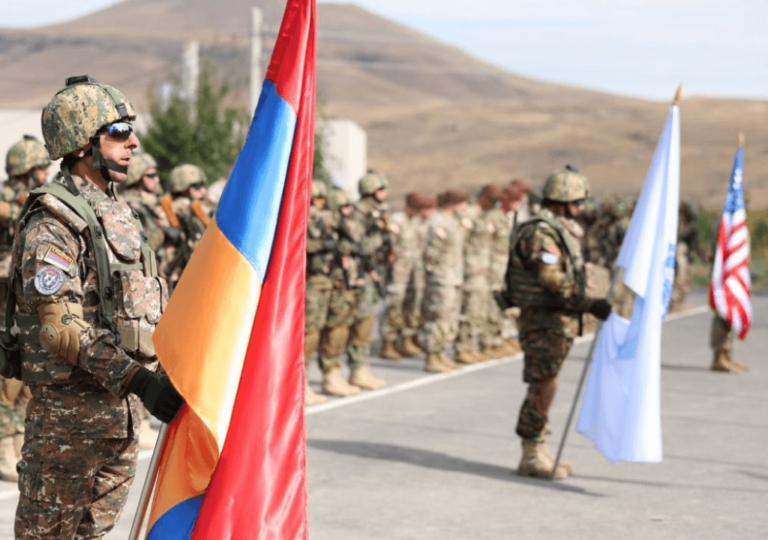
Armenia's loss in the Nagorno-Karabakh conflict led to a shift in alliances towards the West, with the US and EU offering significant aid. This move, while not aimed at severing ties with Russia, signals a potential strain in Armenia's relationship with its historical ally.

